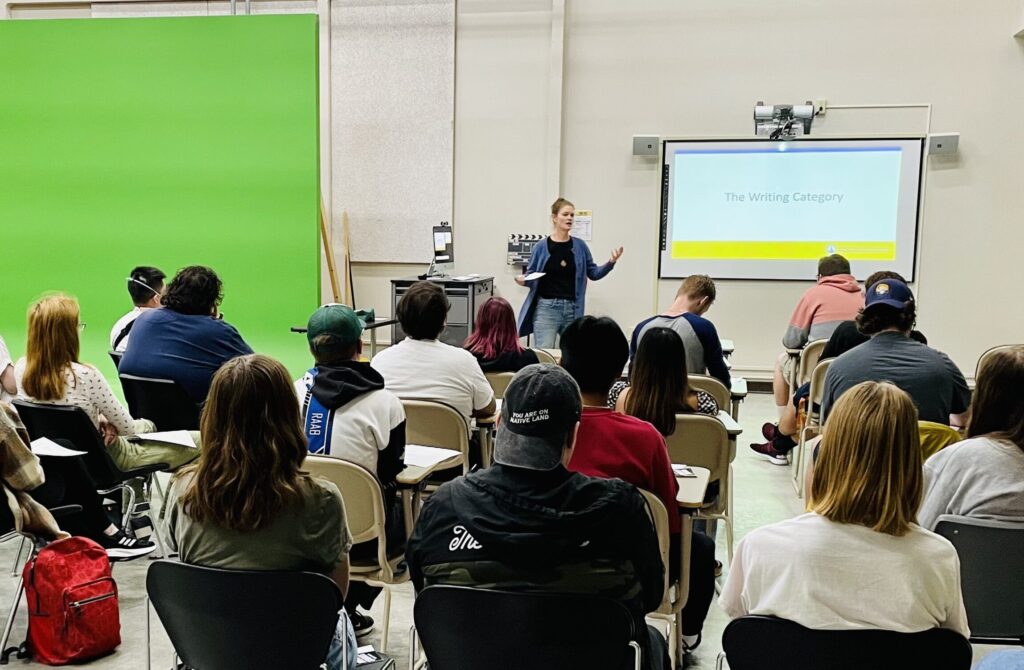UW-Stevens Point
Associate Professor
Media Studies
 Cary Elza is Associate Professor of Media Studies at University of Wisconsin-Stevens Point, where she teaches courses on screenwriting, film and media analysis, history, and genre. She received her Ph.D. from Northwestern, where her research focused on early cinematic adaptations of Alice in Wonderland in the context of technological and social change. Her publications include articles and chapters on children’s and teen media, science fiction and fantasy series, new media and fandom, and early animation.
Cary Elza is Associate Professor of Media Studies at University of Wisconsin-Stevens Point, where she teaches courses on screenwriting, film and media analysis, history, and genre. She received her Ph.D. from Northwestern, where her research focused on early cinematic adaptations of Alice in Wonderland in the context of technological and social change. Her publications include articles and chapters on children’s and teen media, science fiction and fantasy series, new media and fandom, and early animation.
TEACHING AND LEARNING PHILOSOPHY
As a media studies instructor, one of my primary goals has always been to foster critical media literacy in students. I tell nearly every class I teach that it’s easy to dismiss popular media as “just entertainment,” but what we see and hear helps us to define our identity, to place ourselves in the world, and to understand the world around us. A background in media studies teaches us to think critically and carefully about the images and texts we consume all the time—they are carefully constructed documents that teem with ideas, and they should be treated as such. Visual and narrative literacy are necessary not just to produce graduates who know enough about media to use it in the workplace, and for their own creativity, but to foster a more inclusive, thoughtful, and considerate society. In other words, students who understand the language of media can use it to communicate effectively; they can produce their own articulate messages, and understand the complex, culturally and socially situated messages of others. These skills are at the heart of work towards equity, diversity, and inclusion. As a media studies instructor in a School of Design and Communication, I believe my role is to provide a platform for students to integrate their knowledge from other courses and spaces, make personally meaningful connections between coursework and the diversity of their daily experiences, and learn to articulate the role that media play in their lives and the lives of others. Interdisciplinarity, equity in learning, and empathy, then, form the backbone of my evolving teaching philosophy.
